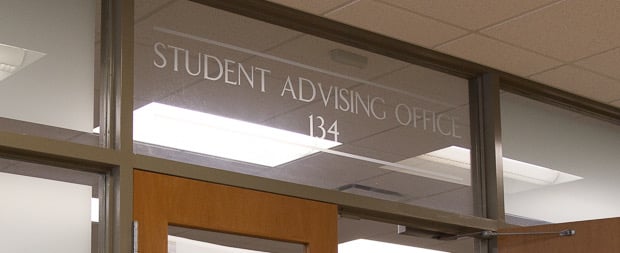College of Education Summer Research Fellowships are funded by the Graduate School at Michigan State University and are intended to support students in (a) developing research skills and experiences as they move through their program, and (b) developing strong proposals for external dissertation research funds.
Eligibility:
- Students who will have finished two or more years of doctoral study at MSU by May 2026 are eligible (students who have only completed one year of doctoral study by May are eligible for the Summer Research Development Fellowship).
- Students who have progressed to the dissertation stage by Summer 2026 are not eligible for an SRF, but are eligible for a DCF. Specifically, if a student expects to pass their dissertation proposal prior to Summer 2026, they should apply for a DCF for Summer 2026 rather than an SRF.
Terms of award:
- $7000 fellowship, funded by the Graduate School and disbursed by the College of Education during Spring or Summer semester.
- Under federal law, a student must be enrolled in at least one credit during the semester they take the fellowship*.
- A student may receive multiple SRFs over subsequent summers, but only one in a given summer.
- The SRF supports two months of full-time work during the three-month summer.
- Students may work and take classes while receiving an SRF (prior to 2021, this was prohibited).
- Students who are not able to commit to the equivalent of two months of full-time work due to other commitments should contact the Office of Academic and Student Affairs when accepting the fellowship, or when they become aware of this, so that it can be pro-rated.
- Students are expected to submit a short report by the end of summer, Friday August 14, 2026, summarizing their accomplishments.
- Beginning summer 2026, the College is changing from supporting students’ research with individual faculty mentors to providing focused workshops and facilitated writing groups in which recipients are expected to participate. Additionally, all recipients are expected to deliver a short presentation on their research at the end of the summer.
Submission, selection, and key dates:
- Students submit an application to the College by November 7, 2025, at noon.
- Members from each department will read and rate all applications for their department. Awards are made based on the average ratings and resulting rankings.
- The Office of the Associate Dean for Academic and Student Affairs selects recipients based on departmental ranking and allocation of fellowships across the College.
- Around mid-December, the Office of the Associate Dean for Academic and Student Affairs notifies recipients and departments/programs of decisions.
- After final selections are made and decisions are issued, departments will provide all applicants with feedback about their submissions that will address strengths and also areas for improvement/questions to consider.
- Departments are encouraged to provide feedback in alignment with selection criteria used by raters.
Type of work to be funded:
- The SRF may be used to collect data, analyze and write up previously collected research data, complete an ongoing project, or move it to the publication stage.
- The SRF also may be used to prepare an external dissertation funding request; prior to 2021, this was done through the SRRF, which is now part of this competition.
- The SRF is intended to support students' original work or, possibly, a piece of a larger project which is assigned exclusively to the student. The SRF does not support graduate research assistantship assignments.
Application requirements:
- (1) Research proposal. Maximum 700 words (roughly 2-3 pages double spaced). The word count excludes frontmatter, appendices, and reference lists. The proposal should:
- Include in the beginning frontmatter: (a) student name, (b) year in the program, and (c) proposal word count.
- Not use a separate title page;
- Summarize the proposed research;
- Indicate any deliverables: conference presentations, publication proposals, publication submissions, grant/ fellowship support proposals, etc.;
- Bear the file name: SRF26Prop[Applicant’sLastNameFirstInitial].pdf.
- (2) MSU transcript for all PhD program coursework. Save the transcript as a PDF and attach it to the research proposal after the last page before uploading the proposal.
Selection criteria:
- Departments are welcome to develop specific criteria for rating proposals and share those with students in their department.
- Previously, evaluators across the College have considered criteria such as:
- Is the proposal well-written and well-organized?
- Does the author demonstrate an understanding of the field and its direction?
- How important are these skills/approaches in the field?
- Is the development of these skills/approaches likely to advance the student’s research significantly?
- Is the scope of the proposal appropriate (2 months of full-time work)?
- How strong is the student’s academic record?
- Is written and organized
- Demonstrates an understanding of the field and its direction
- Fits within the literature
- Describes a timely project
- Explains an ambitious project
- Presents an appropriate scope (2 months of full-time work)
- Additionally, evaluators are asked to consider the strength of a student’s academic record.




